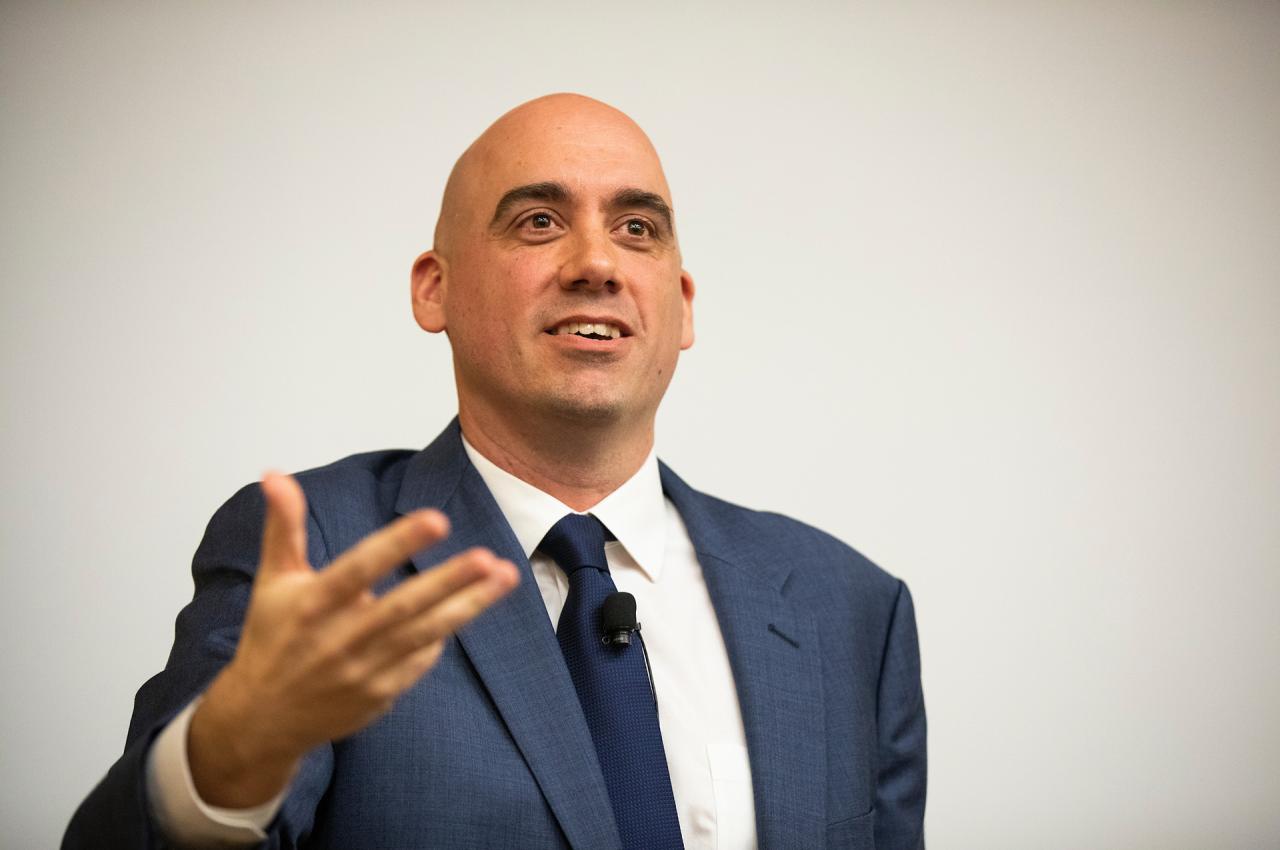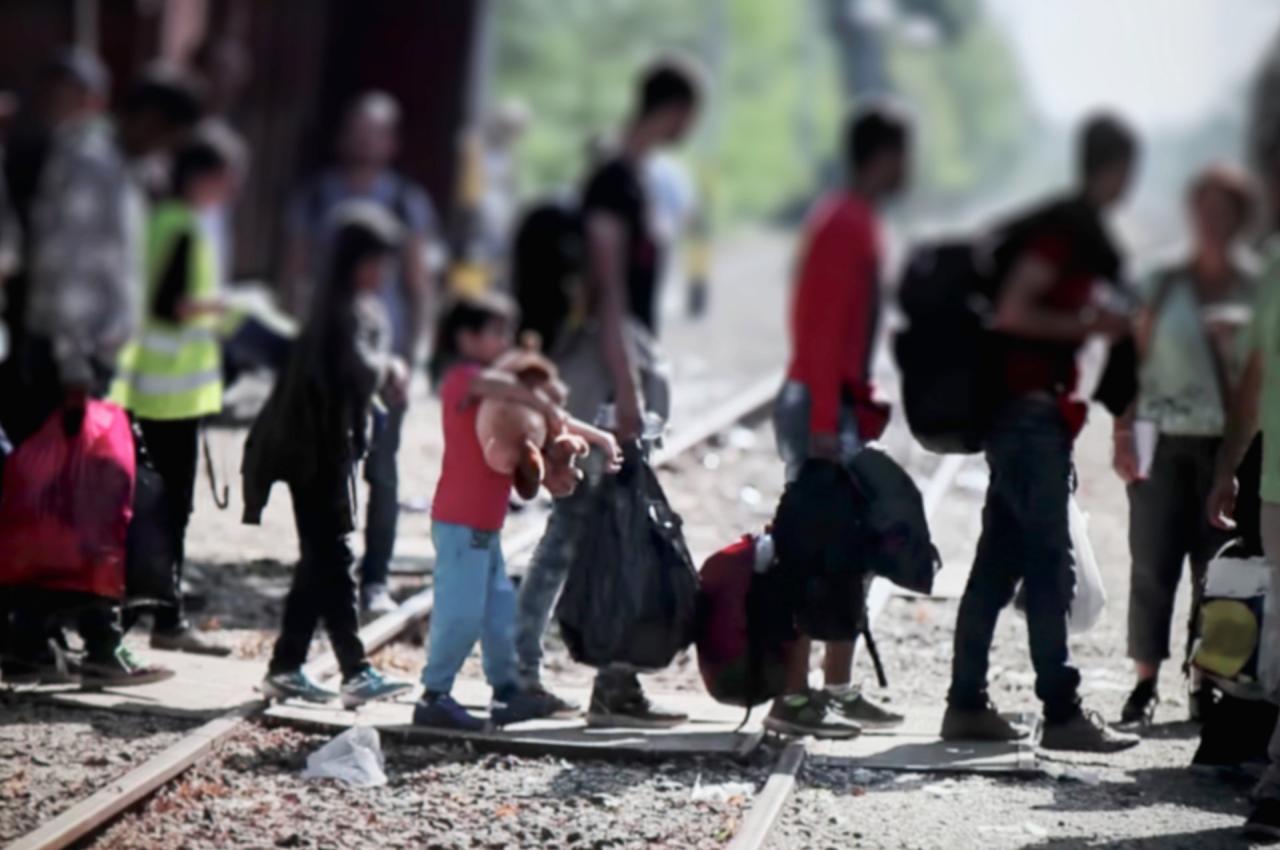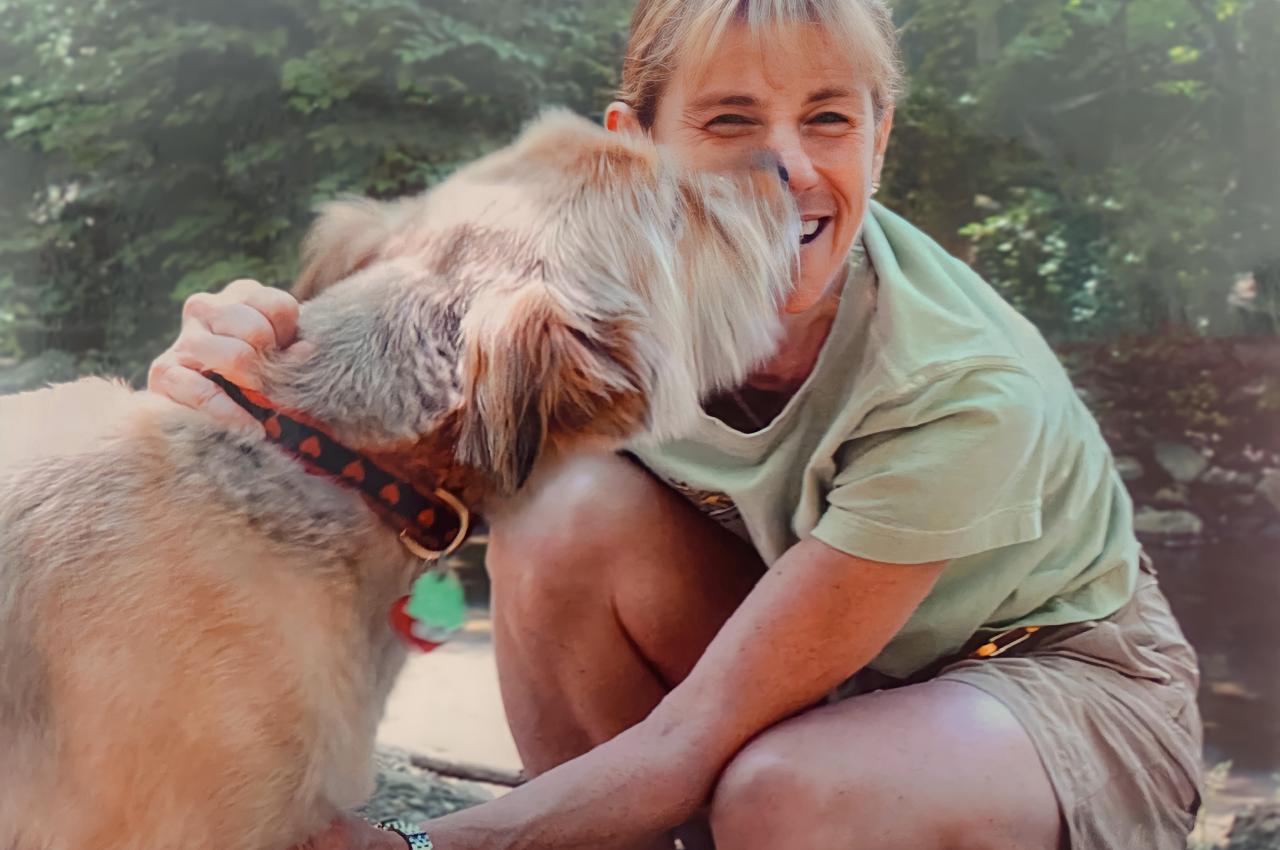Science Education to Bridge Divides in the Middle East
If peace has any chance to prevail over conflict, it begins with small steps. That’s what Allen Taylor thought when he was a senior Fulbright scholar at Tel Aviv University in 1998 and again as a Belkin visiting professor at the Weizmann Institute of Science in Israel in 2014.
Taylor says he grew to love Israel and all the people who lived in the region, but he “was deeply dismayed by the enmity with which Israelis and Palestinians viewed one another.” He wondered what he, as a scientist, could do to change that.
His thoughts coalesced around his background as a graduate student, a time when he worked intensively with his lab partners. They learned from each other, overcame challenges together and relied on each other for critical backup. His lab partners from decades ago remain his closest friends, says Taylor, a professor emeritus of nutrition at the Friedman School and of ophthalmology at the School of Medicine.
These thoughts became the seeds for the creation of Science Training Encouraging Peace (STEP), which brings together student pairs of researchers—one Israeli and one Palestinian per pair—and pays their stipends for graduate degrees in the sciences in Israeli universities. (The Palestinian universities do not have comparable graduate programs.) It is celebrating its 10th anniversary this year.
STEP is a cross-border program, pairing an Israeli with a Palestinian from the West Bank or Gaza. The pairs of fellows get to know each other through shared experience and joint research, and they develop enduring professional and personal bonds.
“This is a win-win situation,” says Taylor. “The students advance their careers, they advance science, they build relationships, and they spread the ethos of cooperative science to their universities and communities.”
It took some time to implement the idea. Taylor spent a couple of years doing a needs assessment in Israel and the West Bank with his wife, Kim Kronenberg, with whom he co-founded STEP. They then secured support from university presidents from Israel, the West Bank, and the U.S. STEP, now an independent not-for-profit, started as a program at Tufts’ International Nutrition Foundation, with support and encouragement from Larry Bacow, then Tufts president.
STEP currently supports nine pairs of fellows for the four years of their doctoral programs. They are researching such topics as water desalination, agriculture, gene regulation, cancer, ophthalmology, and genetic counseling. The goal is for students to become professionals and leaders in their home communities in Israel and the West Bank, to use their skills and be role models for a shared society. STEP alumni now work in leading positions in government ministries, as lab directors, and as senior researchers in industry.
“More than the sum of its parts, STEP changes hearts and minds of its fellows, their faculty mentors, their universities, and communities,” says Taylor. “They have formed what they call the ‘STEP family.’” In its 10 years of operation, STEP has supported 38 fellows, 20 of whom have received their degrees, and “has helped build many bridges,” he says.
Taylor tells the story of one pair of fellows, Muna and Sarah, who graduated from the program after conducting research on women’s health at Hebrew University.
“Muna said that when growing up in East Jerusalem she was reluctant to become friends with Israelis. By working with Sarah as her STEP partner, she realized how enriching it is to get to know people of all backgrounds. Muna invited Sarah and her entire lab to her wedding in East Jerusalem,” says Taylor. “Then her husband, a physician, joined their lab to further a research project on wound healing. It is the gift that keeps on giving. He currently works in Ashkelon, at an Israeli hospital near Gaza.”
Despite the current crisis in the region, STEP fellows are still working together, side by side, says Taylor. “They say the lab research environment is less divisive than the outside world, and going in daily provides an element of normalcy in their lives.”
Even when Palestinian fellows cannot cross the border into Israel, they work virtually with their STEP partner, Taylor says. “STEP faculty are helping their students overcome challenges raised by the current situation,” he adds. “For example, some Palestinian fellows wearing hijabs are afraid to travel by public transportation, and their lab directors and STEP partners are driving them to and from campus. In one case, a Palestinian student could not travel across borders, so her lab director helped her find a place to live in an Israeli home.”
Given the current sharpening divide between Palestinian and Israeli leaders, the STEP program is more important than ever, Taylor says. “The unique aspect of STEP is developing the very deep relationships between an Israeli and a Palestinian, and the whole community of Israelis and Palestinians who want to work together. They are the model of what can and has to be.”
Latest Tufts Now
- The Art in the Archive: Sourcing Black History and Heritage at TuftsSMFA at Tufts student Julie Francois discusses her search through archival materials that illustrate the Black experience on the Hill across the years
- Brian Schaffner Named a 2024 Andrew Carnegie FellowThe political scientist will research a book about partisan polarization and seek a path to bridge the divide
- Who Are the Immigrants Coming to the U.S. on Humanitarian Grounds, and How Can They Be Supported?Refugees and asylum-seekers fleeing violence and persecution can adapt more quickly with support of their diaspora communities, says expert
- I Never Wanted a Dog—Certainly Not One that Bit PeopleSomehow, I found myself spending an hour a day in the woods with a rescue animal that had attacked my sons. Would this end well?
- Tufts Awards 35 Grants to Support Local InitiativesNine organizations receiving funding this year are first-time Tufts Community Grant recipients
- Learning and Guiding through Listening: Linell YugawaThe former director reflects on her 30-plus years at the Tufts Asian American Center













